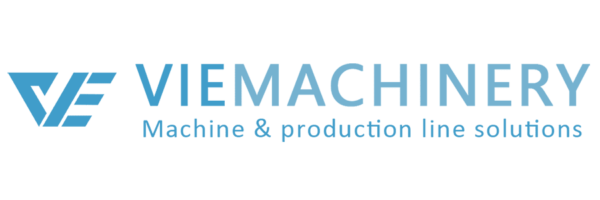If you’re in the market for paper printing machines or digital printing presses, navigating the myriad of options can be daunting. Whether you’re looking to print general paper, tissue paper, or thermal paper, the right machine can significantly impact your business’s productivity and output quality. Let’s explore the different types of paper printing machines and digital printing presses to help you make an informed decision.
Types of Paper Printing Machines
General Paper Printing Machines
General paper printing machines are versatile and can handle a wide range of printing tasks. These machines are ideal for businesses that need to print marketing materials, office documents, and other general-purpose items. They come in various types, including offset printers, which are known for high-quality outputs and cost-efficiency for large volumes.
Tissue Paper Printing Machines
Tissue paper printing machines are specialized for producing printed tissue products like napkins, toilet paper, and facial tissues. These machines are designed to handle the delicate nature of tissue paper, ensuring that the print quality remains high without damaging the paper.
Thermal Paper Printing Machines
Thermal paper printing machines are used for printing receipts, tickets, and labels. These machines use heat to transfer images onto the paper, making them efficient and ideal for high-speed printing needs. They are commonly used in retail, banking, and logistics industries. For more specific applications, some machines are designed to handle different paper roll sizes and weights.
Digital Printing Presses
Cut-Sheet Digital Presses
Cut-sheet digital presses are designed for high-quality, on-demand printing. They are perfect for businesses that require flexibility and quick turnaround times. These presses can handle various paper sizes and types, making them versatile for different printing needs.
Production Printers
Production printers are built for high-volume printing tasks. They offer robust features to manage large print jobs efficiently. These printers are suitable for commercial printing businesses and in-house corporate printing departments.
Selecting the Right Machine
Consider Your Printing Needs
The first step in selecting the right machine is to assess your printing needs. Are you printing high volumes of general paper, specialized tissue paper, or thermal paper? Do you need the flexibility of a digital press or the efficiency of a production printer? Understanding your specific needs will help narrow down your options.
Evaluate Technical Specifications
Once you have identified your needs, evaluate the technical specifications of different machines. Look for details like print speed, resolution, and paper handling capabilities. It’s essential to compare these specifications to ensure the machine meets your requirements.
Consider Long-Term Costs
While the initial cost of a printing machine is important, consider the long-term costs as well. These include maintenance, consumables, and potential upgrades. Investing in a more expensive but reliable machine can save money in the long run.
FAQ
What is the best type of paper printing machine for small businesses?
For small businesses, a general paper printing machine like an offset printer or a versatile digital press can be the best choice. These machines offer a good balance of quality, cost-efficiency, and flexibility.
Can I use a digital press for high-volume printing?
Yes, digital presses, especially production printers, are designed for high-volume printing. They offer fast print speeds and high-quality outputs, making them suitable for large print jobs.
What factors should I consider when buying a tissue paper printing machine?
When buying a tissue paper printing machine, consider factors like print quality, machine reliability, and the ability to handle delicate paper.
Conclusion
Choosing the right paper printing machine or digital printing press can significantly impact your business’s productivity and output quality. By understanding your specific printing needs, evaluating technical specifications, and considering long-term costs, you can make an informed decision. Invest in the right machine to enhance your printing capabilities and support your business growth.
